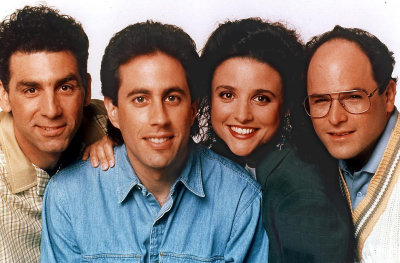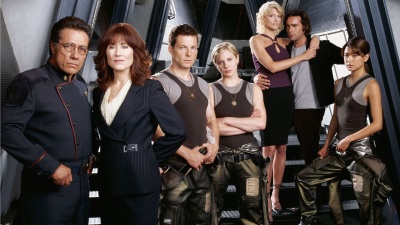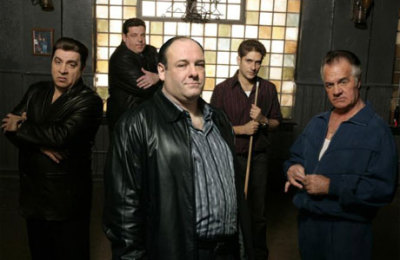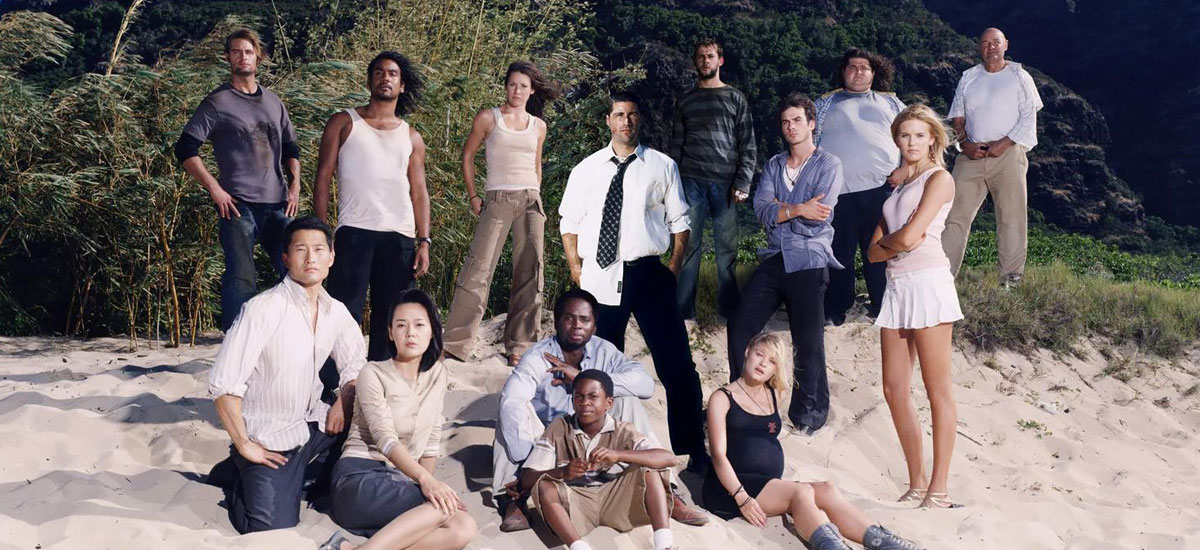I watch a lot of TV. A comfortable estimate is that in the last 20 years I’ve easily watched something like 15,000+ hours of television and have seen my share of TV series beginnings and endings. While most series are just plain bad, sometimes shows have bad beginnings but good endings like the US version of The Office and sometimes series have good beginnings but bad endings like Seinfeld, Lost, The X-Files and ER.

Recently, after doing some complaining of my own to friends about how the series Lost ended and there being discussion online about what really happened at the end of The Sopranos it got me thinking; do endings matter?
To a certain extent endings matter a great deal. A great show with a bad ending leaves a bit of a bad aftertaste. No matter how brilliant Battlestar Galactica (BSG) was or how many hundreds of hours of great programming we were left with after Seinfeld ended people still remember and bring up the endings of those two shows. While I personally liked the end of BSG I’d agree that the ending of Seinfeld was a stinker.
But it was thinking about a show exactly like Seinfeld that made me wonder if series endings were as important as everyone thinks?
Let’s look at a show like Lost. Arguably Lost, which was on TV for six seasons, had about three great seasons, a few alright ones and a bad last one. So watching Lost we got about 67 hours of spectacular story along with about 31 hours of good TV. Which ain’t half bad by any measure. You could watch Lost for nearly three days straight and be in total awe of what was going on all that time.

And maybe that’s why viewers are so upset with a show like Lost, that started out with such promise and slowly wasted away to a shadow of itself.
Even a show like BSG that had something like 53 hours of spectacular story and 19 hours of alright story people still argue about the ending not being in the spirit of the show and using lame sci-fi cliches. Again, I dug the ending.
Why do audiences get so fixated on endings? Why is there so much hate for Lost co-creators Damon Lindelof and Carlton Cuse who arguably entertained millions of people for years but who also presided over a turd of an ending? Why is it that people are still pestering The Sopranos creator David Chase to reveal what really happened in the last second of that series?
I think why endings matter so much to so many is that most of the time with series one episode leads to another and certain things blur together. Was it the same episode of ER that Quentin Tarantino directed where Doug Ross rescued that kid from a flooded sewer, or were they different? Did David Duchovney leave The X-Files before or after the show moved to California? But with the last episode it’s the last thing people see and remember and if they’re in a heightened emotional state at the time with their favorite series going away and if the last episode is a letdown, well then Lost is total crap and The X-Files ultimately sucked.

But I’ve thought for a long while that just the opposite is true. Sure, I was let down by the end of Lost and stopped watching The X-Files before the last season of that show, but I knew enough at the time to enjoy the ride when the shows were still good rather than to focus on the last stop as it were.
Even with most shows that are really good are only like that for a few seasons a the most. After a while creators start to run out of original story ideas and old plots from previous seasons start getting recycled and new blood is brought onto write for the show with different ideas that might not be in the spirit of where things started.
I think the trick is to realize that at best even great shows are only going to be great for a little while. And that even if they are great until the end there’s little chance the ending is going to be something that appeals to everyone.
With series TV it’s the ride that counts, not the destination.
